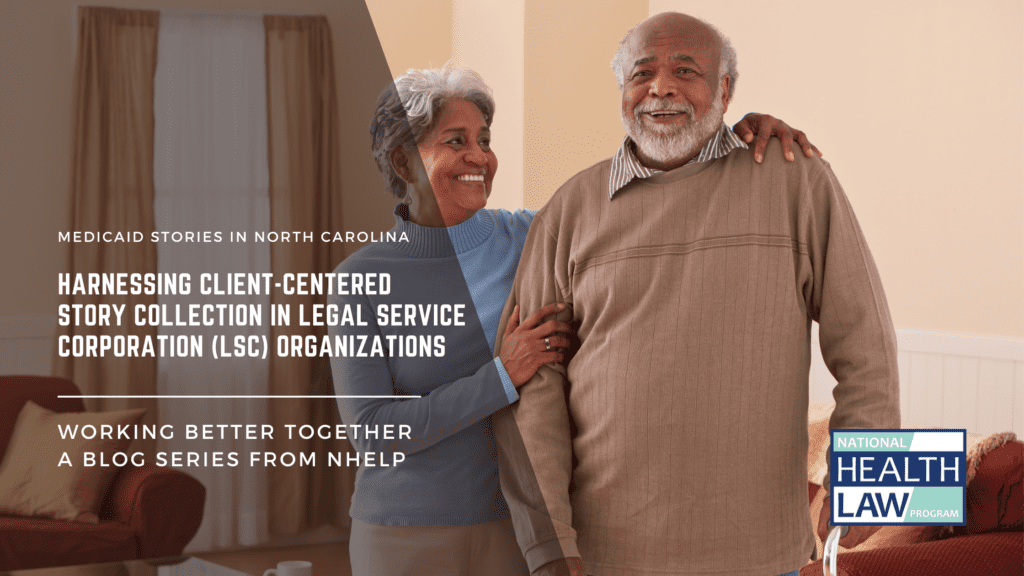The LGBTQ+ Community Deserves Access to Inclusive and Affirming Doula Care
The unique strengths of doula care can benefit the Lesbian, Gay, Transgender, Queer or Questioning, Plus (LGBTQ+) community through fertility, pregnancy, and parenting. LGBTQ+ parents must navigate fertility and parentage in a system that is not always knowledgeable, accepting, or affirming of those outside of the cisgender heterosexual identities. One study found that Black and Latina Lesbian and Bisexual women experienced worse birth outcomes than their heterosexual peers. A survey of transgender people found that 33% reported harassment in a medical setting and 25% reported having to teach their medical providers about transgender care. Transmasculine birthing people face missing out on essential reproductive health care because the medical system does not recognize their ability to become pregnant, does not understand how to provide care, or does not provide care in a safe setting.
LGBTQ+ prospective parents can pursue biological or adopted children. For those pursuing biological children, many will need to work with fertility specialists in the formal medical system through fertility treatments and forms of assisted reproductive technology. This can include vitro fertilization (IVF), intrauterine insemination (IUI), intracervical insemination (ICI), or surrogacy. Assisted reproduction can be a lengthy process with many steps and decisions while also being a deeply emotional experience. Doulas can help guide prospective parents through these fertility processes, explain procedures, prepare for appointments, and be available for emotional support, and questions.
In addition to the potentially intensive processes of fertility treatments, planning, and decision-making, some prospective parents fear the medicalization of assisted reproductive technology or microaggressions. During the preconception phase of a parenting journey, doulas can provide much-needed support and advocacy. One study found that the preconception period was the time of greatest distress and least involvement with health care systems for male-identified and gender-variant prospective parents. Doulas are uniquely positioned to humanize fertility processes while providing sustained emotional support and advocacy that LGBTQ+ parents deserve throughout the phases of pregnancy. One Oregon-based doula collective, Birth First Doulas, an organization that provides LGBTQ+-inclusive and affirming care, states that “queer affirming doula care advocates for your family by placing extra emphasis on navigating medical systems and offering a counter-balance to the tendency for reproductive spaces to be heteronormative and strongly gendered.”
In surrogacy, the gestational carrier or surrogate can benefit from doula support during labor and delivery as well as during the perinatal period. Parents who use a gestational surrogate encounter much of the same adjustments into parenthood than those who do not and the education, advocacy, and support that doulas provide can be tremendously beneficial. Doulas can work with the intended parents during surrogacy by explaining what to expect during pregnancy and birth, assisting in interactions between the intended parents and the surrogate, providing emotional support throughout the pregnancy, helping to integrate the infant in the family, creating a feeding plan, among other services.
Transgender individuals face additional barriers to care such as misgendering, and have to advocate for their gender identity to be respected in all health care settings. One Baltimore-based doula underscores this: “Misgendering is the air that you’re breathing when you’re trans and trying to access perinatal health care.” Doulas are uniquely positioned to alleviate the potential harms trans parents face. Doula Kelsey Carrol shared such an example of navigating complex systems when she assisted a trans male parent who was required to legally identify as female in order to receive insurance benefits during his pregnancy. This took time, paperwork, and energy that a birthing person may not have without assistance. Doulas can also advocate for their transgender clients by reminding medical and support staff to use the correct pronouns and intervening when the birthing person is asked invasive or insensitive questions. Doulas can also help LGBTQ+ parents navigate the increasingly difficult landscape of state laws recognizing non-birthing partners as parents, bans on gender-affirming care, religious refusals, and insurance coverage.
While doulas can be an amazing resource for LGBTQ+ parents, finding a queer-inclusive doula may be difficult. Many doula training programs do not specifically cover LGBTQ+ inclusive care and there are few robust directories that include LGBTQ+ as a search term. Disparities in maternal health exist across intersectional identities. The doula workforce, training programs, and policies must include all of the gender and sexuality spectrum that birthing people encompass. Overall, more doulas are needed to support the births of all marginalized communities and more training programs should incorporate LGBTQ+ specific care. Individuals from marginalized communities like the LGBTQ+ community should be encouraged and supported in becoming community-based doulas, as they know the needs of their communities best.
There is already an established and growing body of research that demonstrates the effectiveness of doula care for cisgender and heterosexual women. Research on transmasculine and gender diverse birthing people has largely focused on white experiences, which has further marginalized the experiences of Black, Indigenous, and other people of color. Moving forward, future research must expand to include the experiences of all communities of birthing people and prospective parents. This is particularly important as more states and insurance companies move to include doula care in Medicaid and in private insurance. Without this research and commitment to diverse communities, more pregnant and birthing people will continue to be harmed by systems that are not equipped to provide the care they need.






